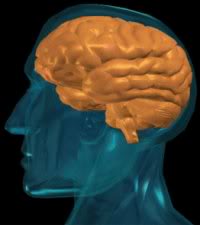Caloric restriction slows down aging.
By consuming fewer calories, aging can be slowed down and the development of age-related diseases such as cancer and type 2 diabetes can be delayed. The earlier calorie intake is reduced, the greater the effect. Researchers at the University of Gothenburg have now identified one of the enzymes that hold the key to the aging process…
Continue reading… “Live longer with fewer calories? Key enzyme involved in aging process found”












